9 Best Plants That Repel Mosquitoes Naturally, Experts Say

If you’re tired of swatting away mosquitoes every time you step outside, your greenery could come to the rescue this summer. The plant and gardening experts we interviewed say that certain plants that add beauty to your yard or patio can also naturally repel mosquitoes thanks to their strong scents and essential oils. In fact, crushing up their leaves can make highly effective and all-natural wearable insect repellents and sprays, too.
Adding these plants to your yard or outdoor space can offer a chemical-free way to protect your family from bites and the diseases mosquitoes carry, such as West Nile and dengue, according to the CDC. With mosquito season in full swing, now’s the time to add the following 9 mosquito-repelling powerhouses to your garden.
RELATED: 4 Soaps and Scents That Repel Mosquitoes, Experts Say
1
Citronella
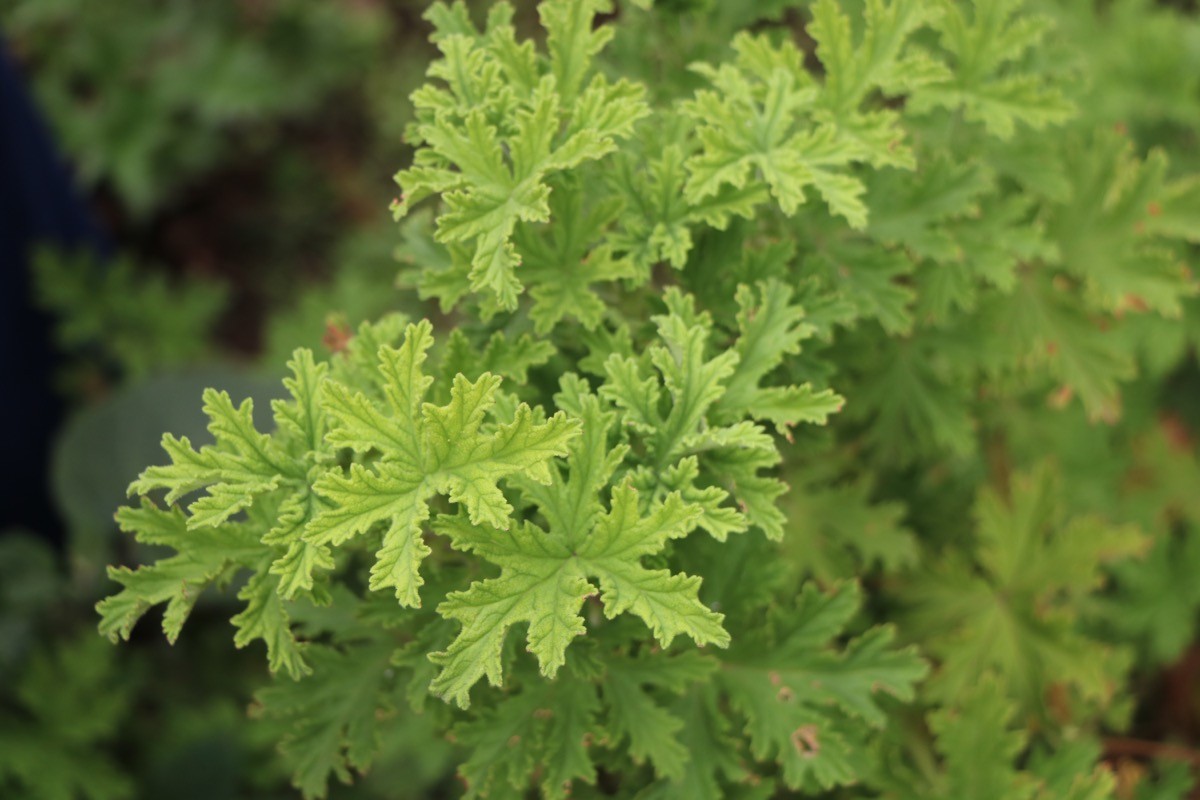
Mosquitoes use their sense of smell when making decisions, such as where to lay their eggs, says Emma Grace Crumbley, an entomologist for Mosquito Squad. So, populating your yard or outdoor space with plants that contain scents they dislike can keep them away.
Citronella is one of the most popular options. You’ve likely seen mosquito-repellent candles made with its essential oil, but planting citronella is going straight to the source.
“It smells like lemon and covers up your scent that mosquitoes love,” says Bryan Clayton, the CEO at GreenPal. You can either plant citronella in a pot or the ground to create a protective barrier around your outdoor space.
2
Lemongrass
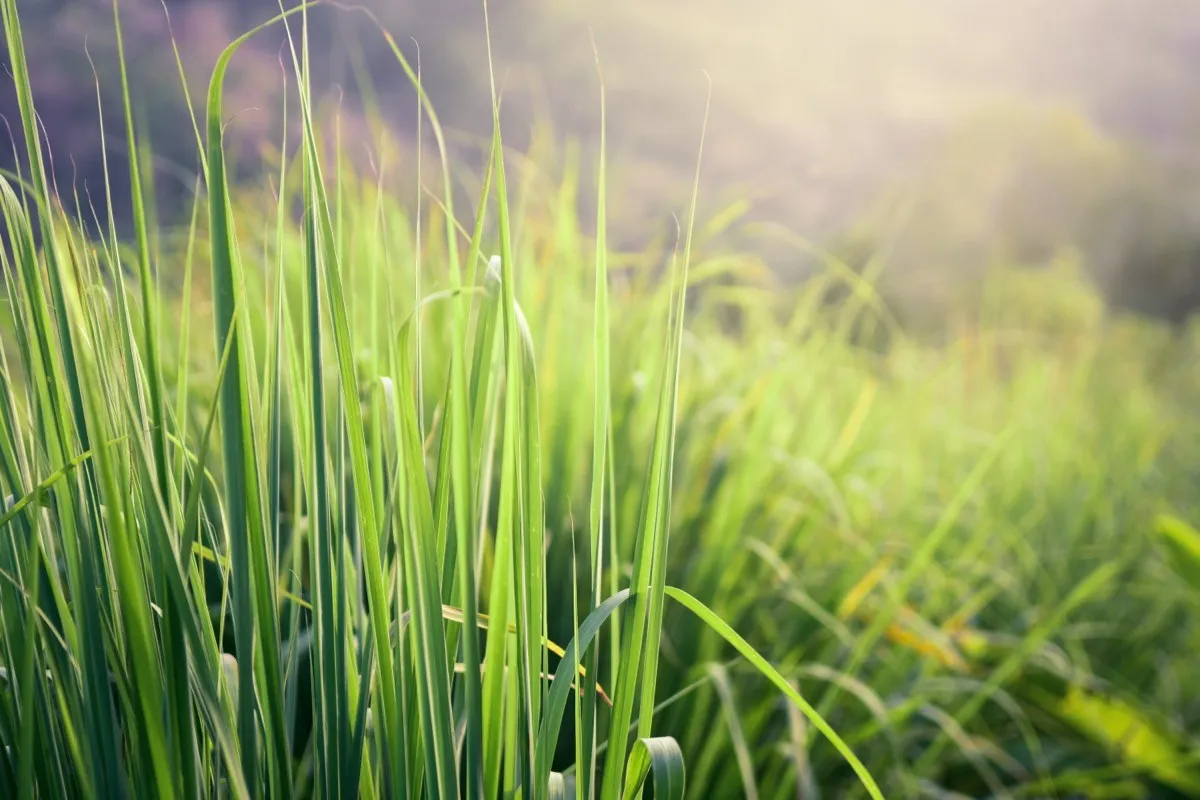
Amber Noyes, horticulturist and editor at Gardening Chores, says any type of lemon-scented plant is a solid option to keep your yard mosquito-free.
Lemongrass (which is most similar to citronella), lemon balm, and lemon verbena are all anti-mosquito. It just depends on which one works best for your climate, she explains.
For instance, lemongrass needs to be in a spot with full sun and “excellent drainage,” according to David Price, associate certified entomologist and director of technical services at Mosquito Joe. When the weather gets colder, you’ll want to bring it inside.
RELATED: 6 Mosquito-Repellent Clothing Items That Actually Work
3
Lavender
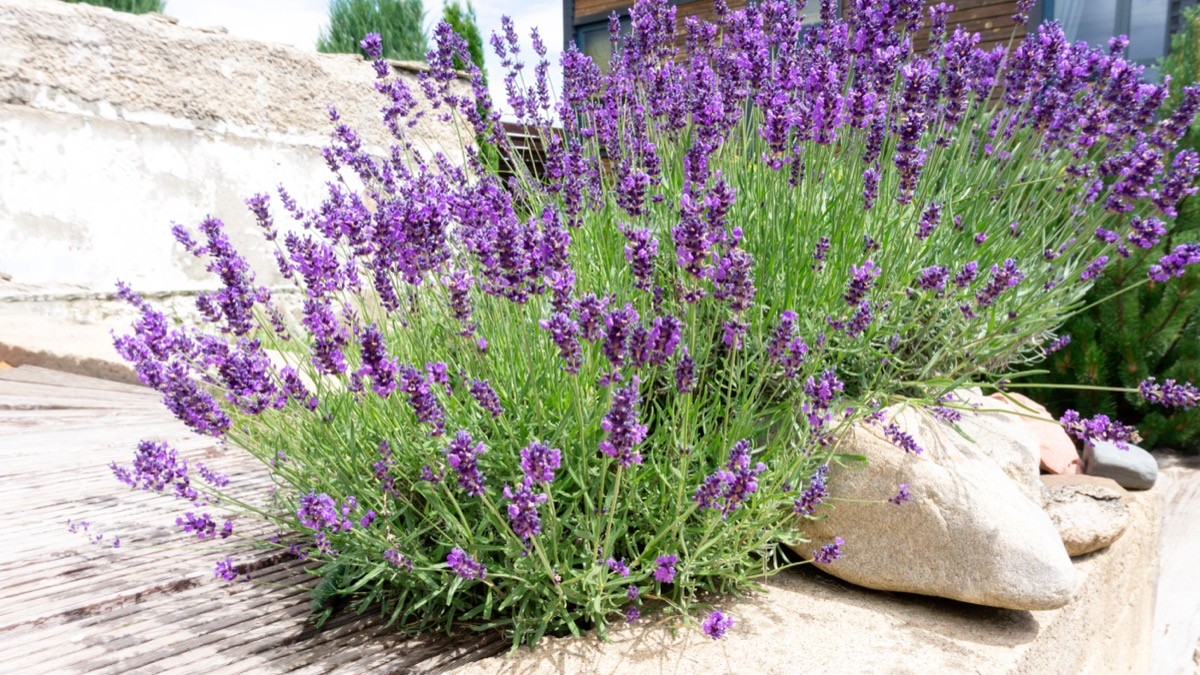
Not only is lavender aesthetically appealing, it does a great job of keeping mosquitoes at bay.
“Mosquitoes can’t stand it—plus it has linalool, a chemical that repels them,” says Clayton.
Crushing lavender leaves releases an oil that also repels mosquitoes, adds Price. Dried lavender petals can even work as an anti-itch solution to treat any mosquito bites you may get.
Before you invest in planting lavender, however, it’s important to know that this purple plant does best in sunny conditions.
“It really needs a lot of sunlight to grow, so make sure you don’t plant it in a shady area,” says Ben McInerney, founder of Home Garden Guides.
4
Rosemary
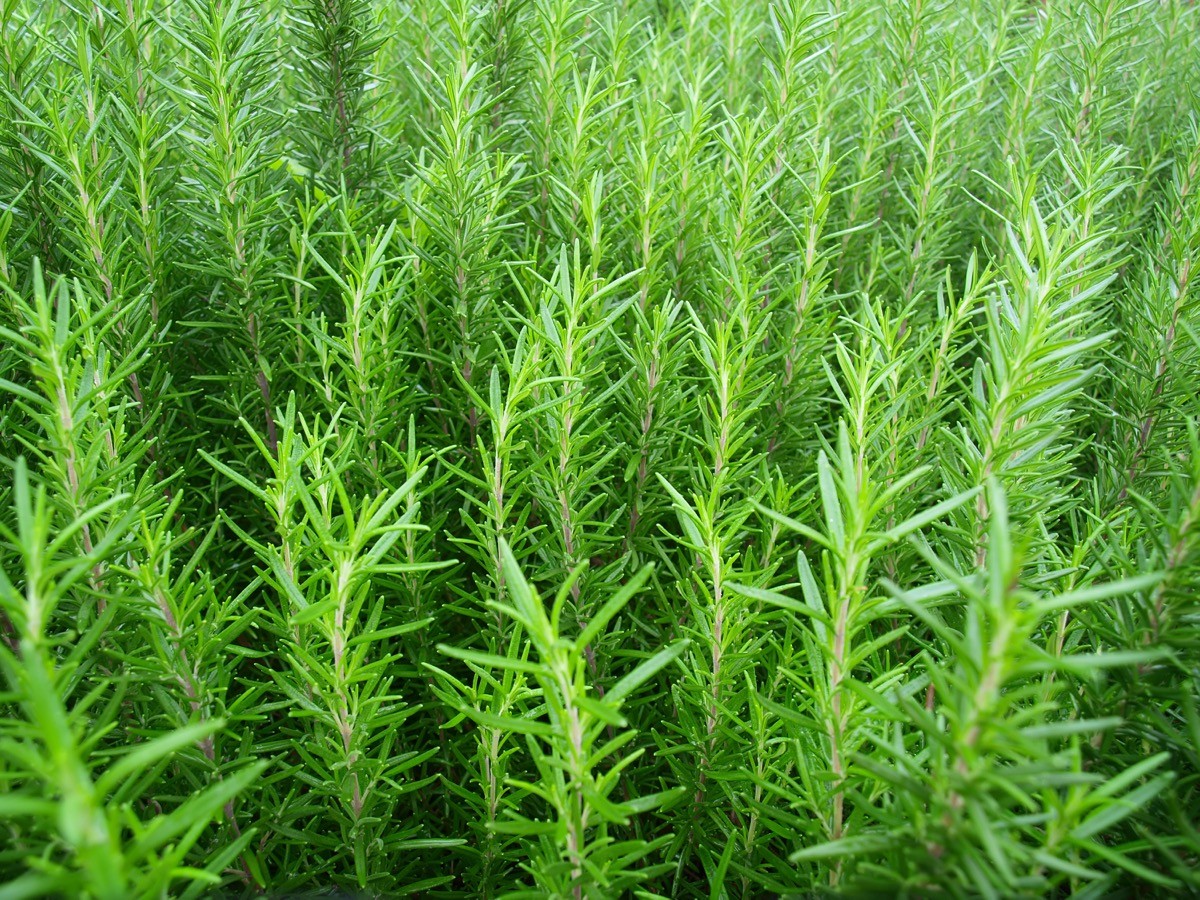
According to experts, rosemary has essential oils that mosquitoes and other insects prefer to stay away from. To take advantage of this perk, Price suggests adding rosemary somewhere in full sun and in well-drained soil.
Some added bonuses you’ll enjoy? “Rosemary has culinary uses and adds beauty to the garden with its fragrant, needle-like leaves,” Price says.We’ll take that.
RELATED: 6 Mosquito Repellent Hacks That Actually Work, Experts Say
5
Catnip

Catnip may help keep mosquitoes away because it contains nepetalactone, which Clayton says can be more effective than DEET. “The name sounds like a mouthful, but all you really need to know is that this chemical is powerful against repelling mosquitoes.”
In addition to being easy to grow and maintain, catnip is a beautiful addition to any yard or garden.
“It’s super robust and can grow in almost any type of soil, as long as it drains well,” says Noyes.
Fun fact: You can also use catnip oil or leaves to make your own natural mosquito repellent spray or rub, Clayton adds. That’s better than some of the chemical options available in stores.
6
Marigolds
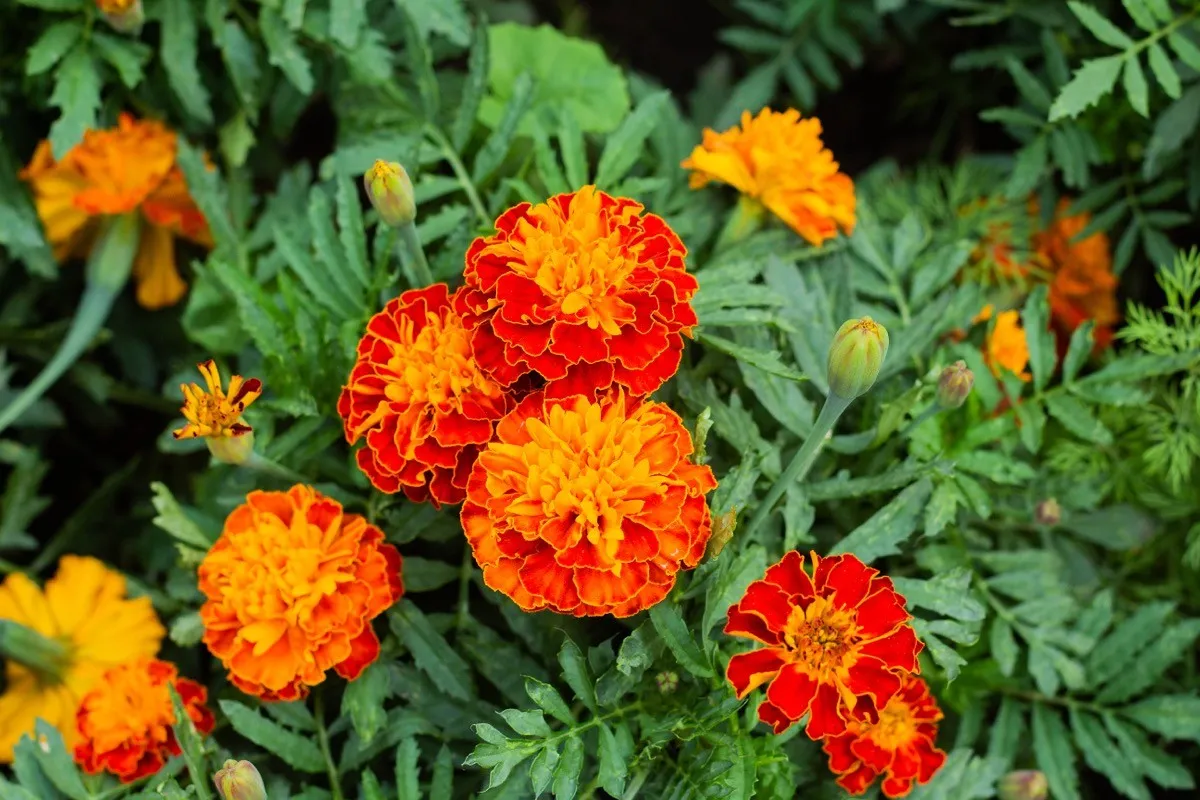
Marigolds are bright and cheerful flowers that will make your yard burst with color, but their biggest pro? Mosquitoes hate the way they smell—and getting too close may even be deadly.
“[Marigolds] have pyrethrum, a natural insecticide that kills them, so you should plant them near your doors, windows, or seating areas,” Clayton suggests.
For the healthiest marigolds that last all season long, plant them in full sun, between 8 and 12 inches apart, Price recommends.
RELATED: 5 Tips for Keeping Your Outdoor Party Mosquito-Free
7
Mint
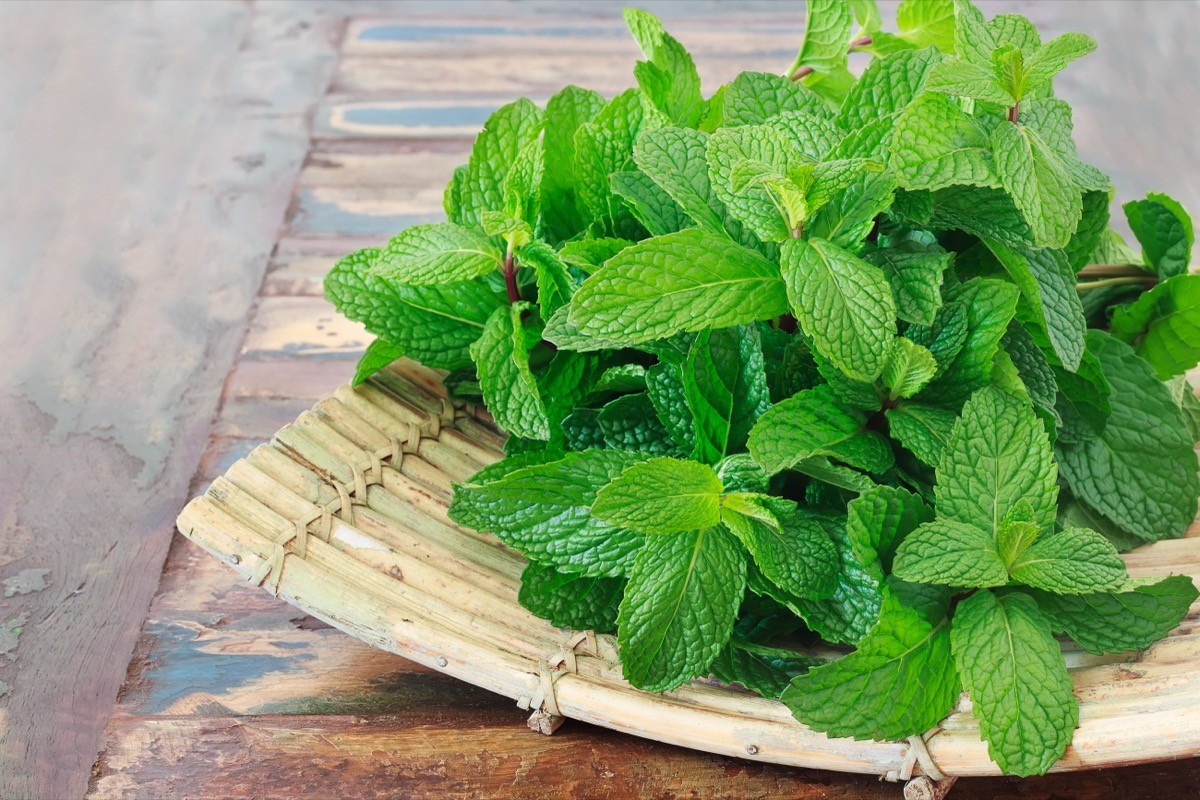
Mint’s most active ingredient is menthol, which is known to repel mosquitos and other pests.
“The scent of mint does wonders in keeping mosquitoes at bay, and all types of mint work well, but I’m particularly fond of Algerian mint for its spicy kick,” Noyes shares. You can pick the leaves to use for cooking or making cocktails.
Plus, mint is super easy to grow. Noyes notes that it can thrive in all types of soil, as well as partial shade.
In the same category, peppermint is another plant variety that may be particularly effective, Price adds. It can also be used to make homemade mosquito repellents.
8
Basil
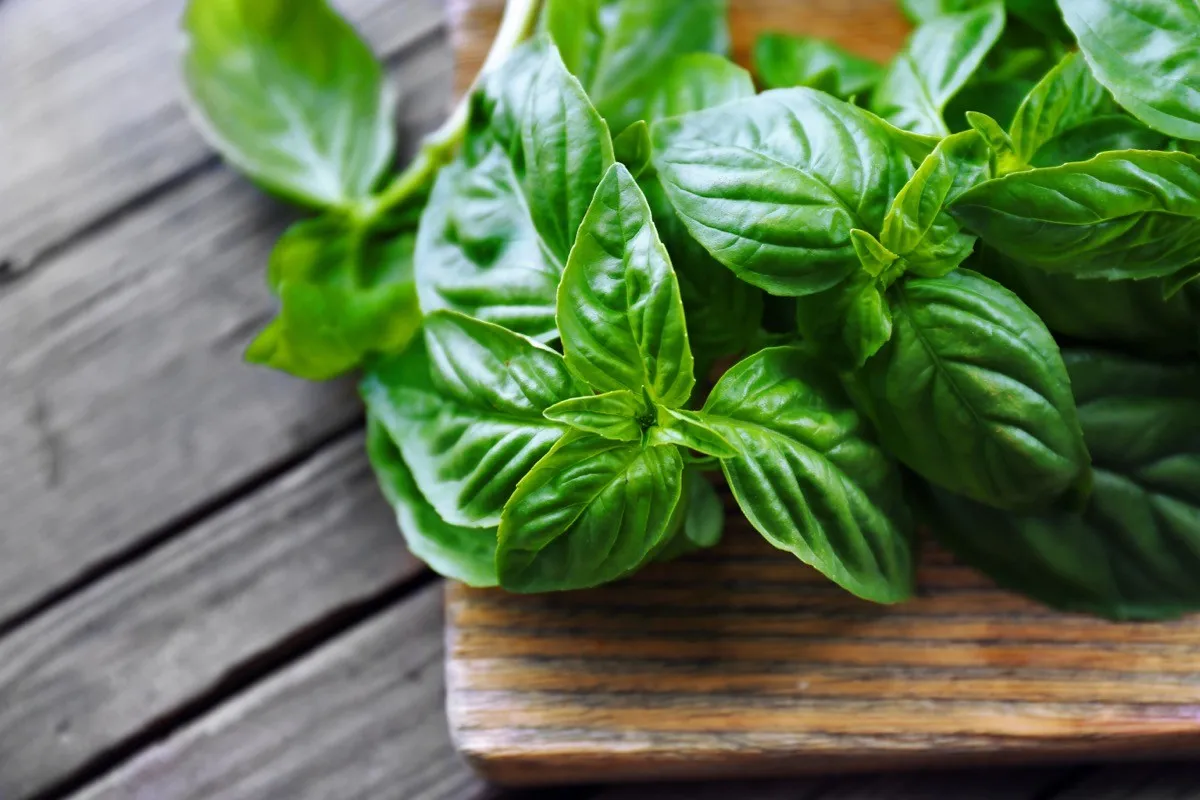
You know basil is excellent for cooking, but it’s also a game-changer to have in your yard if you want to enjoy bite-free days and nights. According to Price, the leaves contain eugenol, a compound that repels mosquitoes and can even kill their larvae.
These compounds confuse and irritate the insect, forcing it to leave and find another food source.
Clayton suggests planting basil near your grilling area if you have one. “You can use the leaves for repellent lotion or spray,” he adds.
RELATED: 7 Reasons Mosquitoes Are Attracted to You, According to Science
9
Garlic
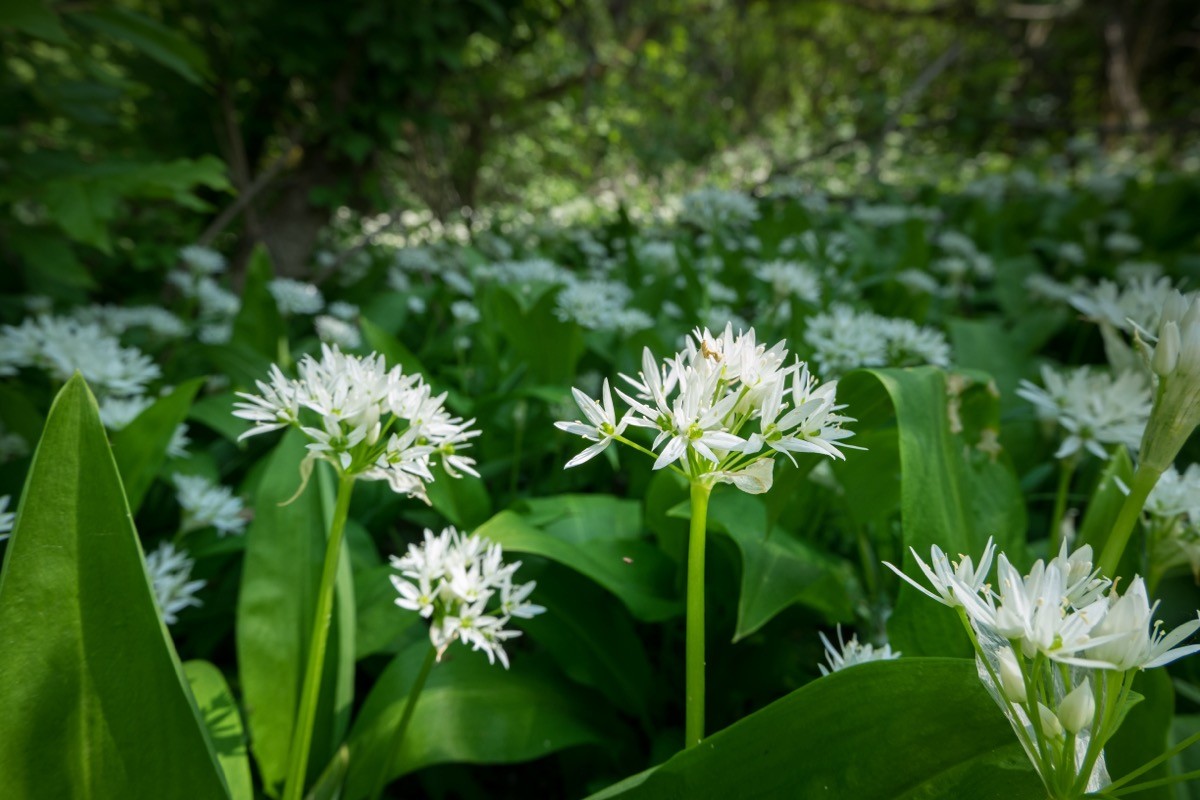
Finally, you may want to plant garlic in your yard, as it, too, has a strong odor (which you may be familiar with) that mosquitoes prefer to avoid.
“Its compounds are also used in various natural mosquito repellent recipes,” Price points out. He recommends planting garlic in full sun in “well-weeded” areas.
What plans attract mosquitoes to your yard?
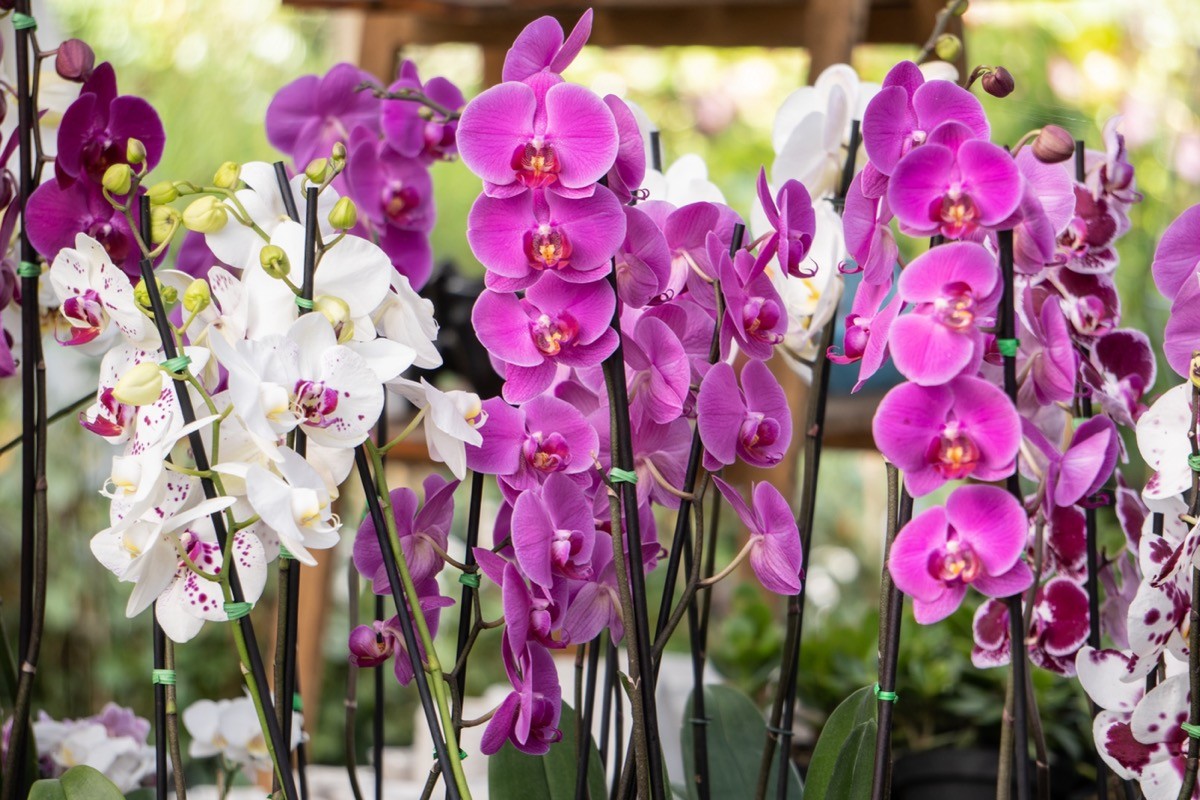
While the previous plant varieties do a great job of repelling pesky mosquitoes, it’s important to know that other plants can actually lure these insects into your yard or outdoor space.
As Crumbley explains, “Mosquitoes need water to lay their eggs. Plants like bromeliads and succulents have waxy leaves and ‘wells’ that hold water after it rains. Believe it or not, the water these plants hold is enough for mosquitoes to breed in.”
Mosquitoes also like flowering weeds and grasses, plus ornamental flowering plants like goldenrods, orchids, and wildflowers.
The sugars in plant nectars and saps provide nutrients for adult mosquitoes, Crumbley says. So, if you want a bite-free summer, steer clear of these varieties.
What are some other options to keep mosquitoes away?

If you don’t have a green thumb or enjoy making homemade repellent, you have some other options to get rid of mosquitoes this summer.
Brian Feldman, senior director of technical operations at TruGreen, advises clearing any standing water in your yard or outdoor space and keeping your grass cut regularly.
“In addition to standing water, shady areas near trees, tall grass, or brushy areas are ideal mosquito habitats, so focus on eliminating these spots as much as possible,” Feldman says. “As a bonus, the more sunlight that reaches your yard, the less likely you are to have wet or damp spots that foster mosquito breeding.”
If you find that your own remedies aren’t doing the trick, it may signal the need to consult a professional to treat your home for pests.